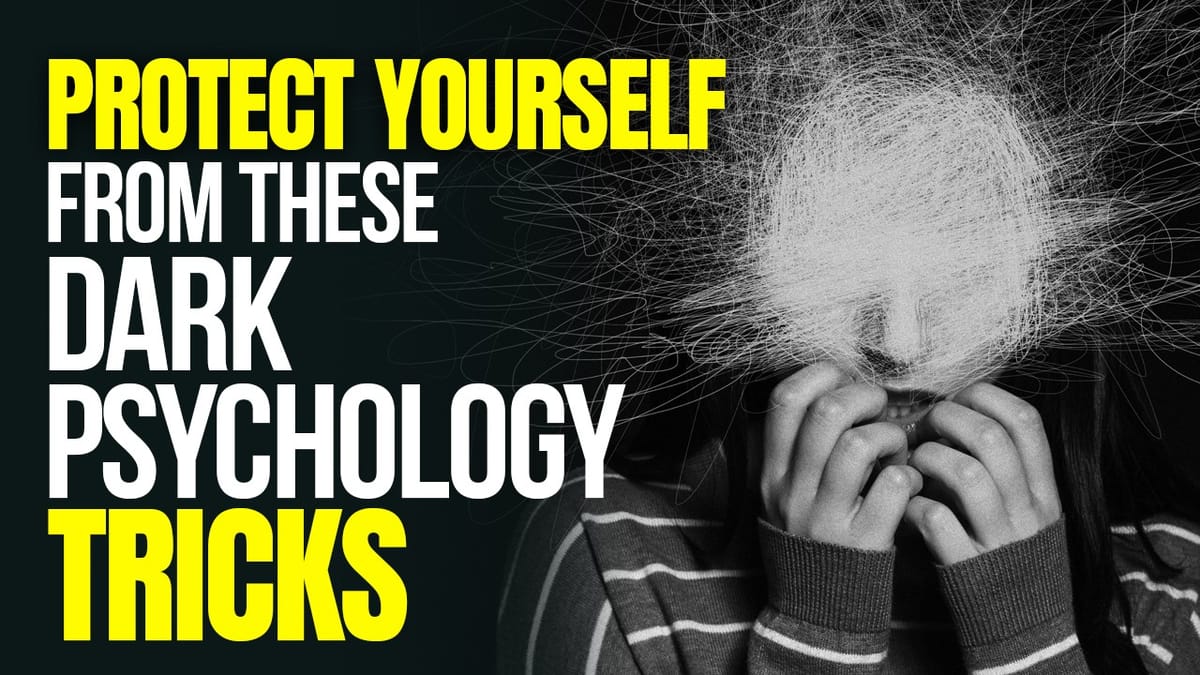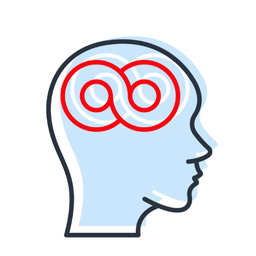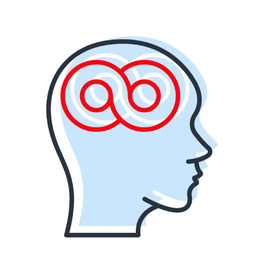⭐️ Self‑Worth: The Floor, Not the Trophy

Do I matter if nothing impressive happens today?
We spend years trying to outrun that question—chasing credentials and applause like oxygen. The psychology of self‑worth begins when we notice that performance is a noisy metric, while worth is meant to be a quiet floor.
How to Remain in Love With Life - New!
How to Take Control and Build Confidence in Your Career
Is Political Instability Linked to Negative Views of the World?
Let Go of the Chase and Reclaim Your Self-Worth
🧭 What We Mean by Self‑Worth
Self‑esteem asks, How good am I at this? It fluctuates by domain.
Self‑worth asks, Do I matter before the scoreboard? It should be steady.
Healthy lives treat esteem as weather and worth as climate. Stormy days don’t make the planet uninhabitable.
🧒🏽 How We Learn the Wrong Equation
In childhood we learn what earns safety, grades, behavior, a good face for company. Love may be unconditional; approval often isn’t. We collapse the two and adopt a hidden formula: If I perform, I belong. By adulthood the equation is invisible because it feels like air.
Psychologists call this contingent self‑worth, value that depends on meeting conditions set by ourselves or others. It powers sprints but turns every challenge into a courtroom.
⚠️ The Cost of Contingent Worth
When worth is at stake, anxiety spikes, perfectionism blooms, and avoidance grows in the shade. Threat narrows attention. We stop exploring because exploration includes the risk of being seen in a clumsy middle.
Fear can generate early wins while quietly reducing long‑term learning. Fear makes you fast; it doesn’t make you deep. Success begins to feel brittle, now you’re not only chasing worth; you’re guarding a museum of proofs.
🔁 A Different Stance
Treat worth as granted and goals as expressions of what you value—not proofs that you deserve to exist.
From this stance, criticism becomes information rather than indictment, and praise becomes encouragement rather than oxygen. The same feedback, heard from a steadier place, turns into fuel.
📷 Everyday Scenes
- A student bombs an exam and thinks, I am a failure. Identity fuses with outcome. Another says, I failed this exam. It hurts but leaves room to act.
- A founder sees a rival ship first and spirals into comparison, spending a week patching self‑image rather than the product. Another feels the sting, remembers the problem they exist to solve, and returns to the next most important task.
- A parent snaps at a child, then tells herself a cold story about being unfit. Another apologizes, names her value, “I want to be gentle even when I’m tired”, and tries again by bedtime.
The difference isn’t personality; it’s the ground they’re standing on.
💛 Self‑Compassion, Misunderstood
Self‑compassion isn’t the absence of honesty; it’s honesty without cruelty. Imagine how you’d speak to a friend you respect after a public failure: “That hurt. Here’s what you can learn. I’m with you while you learn it.” Turn that voice inward. It’s not indulgence—it’s how you stay in the ring long enough to improve.
🚪 Boundaries as Ordinary Architecture
When worth depends on approval, boundaries feel dangerous, someone’s disappointment looks like a threat to your existence. With steadier worth, boundaries become ordinary architecture. They’re how love and work survive contact with reality. You say no to protect a larger yes.
🛠️ Practice on the Ground
Replace outcome goals with process goals because outcomes aren’t fully controllable. Keep tiny promises to yourself, write for twenty minutes, take the walk, send the honest email, and let identity accrete from evidence.
Tend two friendships like a garden. Create small arenas where you’re willing to be seen learning, which means being seen imperfect. Let discomfort be data, not destiny.
🕯️ Training in Silence
If you’ve tied worth to noise and acceleration, sit without either. Take a slow morning where nothing advances your profile. Notice the itch to make the moment exportable. When the itch passes, you’re still here. The “unproductive” hour, held with care, is where you remember the difference between being alive and being displayed.
📬 Feedback Without a Courtroom
Praise becomes gratitude, not a transfusion. Criticism becomes specific and local—sometimes helpful, rarely fatal. You can disagree without collapse and apologize without self‑erasure because repair is no longer a referendum on your right to exist.
🌤️ What Changes, and What Doesn’t
Pain doesn’t disappear. Failure still stings; rejection still bruises. The point isn’t to stop feeling—it’s to stop using pain as evidence against your right to take up space. When worth is the floor, the worst case isn’t annihilation; it’s the work of repair.
➡️ Start Here (A Small Beginning)
Choose one domain where your worth has felt precarious. Name a single behavior that reflects your values in private, no announcement. Keep a one‑line log of evidence that you are more than your outcomes. Speak to yourself in the tone you reserve for people you love. Draw one boundary this week that protects the work or relationship you claim to value. Watch what happens to fear.
Self‑worth isn’t a trophy at the top of the hill; it’s the floor you stand on while you climb. Floors aren’t exciting. They’re necessary. When you forget this, you build a life in midair and call the terror motivation. When you remember, you make a different bargain with your days: show up, build the thing, love your people, and let your dignity be the part that doesn’t need defending.
🔒 Join Human Psychology Premium
Members get exclusive essays, audio readings, Q&As, and practical worksheets—while supporting independent writing.
Recommended Readings












